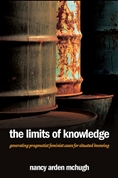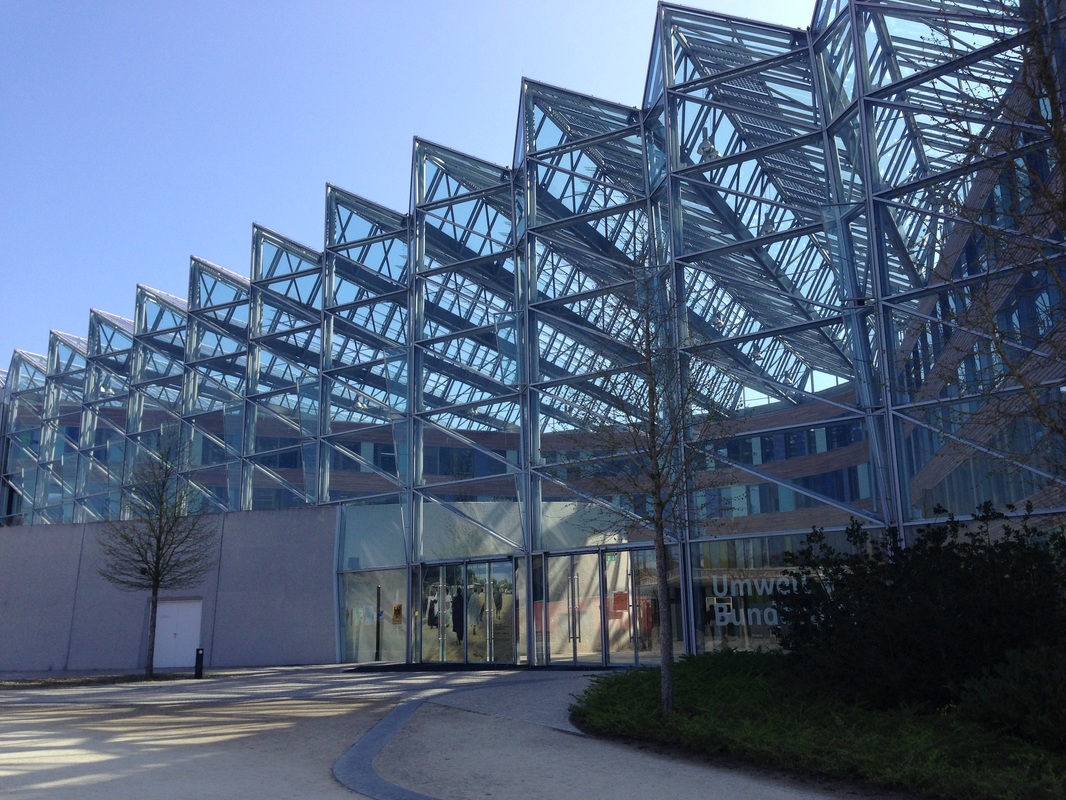Philosophy as a means for social change.
Philosopher, writer, teacher,
community-engaged scholar and partner
Executive Director of the Fitz Center for Leadership in Community
University of Dayton
community-engaged scholar and partner
Executive Director of the Fitz Center for Leadership in Community
University of Dayton


